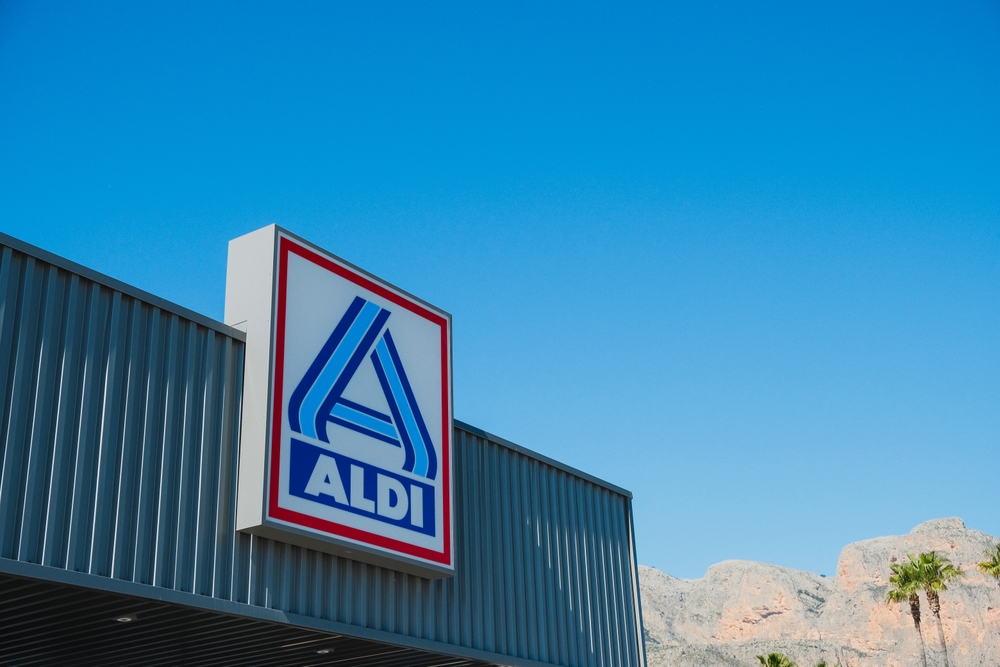Many shoppers assume Aldi prices always beat the competition, but that’s not always the case. Aldi has built its reputation on affordable store-brand products, streamlined operations, and small-format stores. However, not everything at Aldi is the bargain it seems. In some categories, shoppers might pay more than at other stores like Walmart, Costco, or local grocers. Whether due to packaging size, brand limitations, or regional pricing differences, some items simply don’t offer the savings you expect. Before you grab everything off the shelf assuming a deal, here are 10 specific products where Aldi prices may disappoint.
1. Name-Brand Snacks
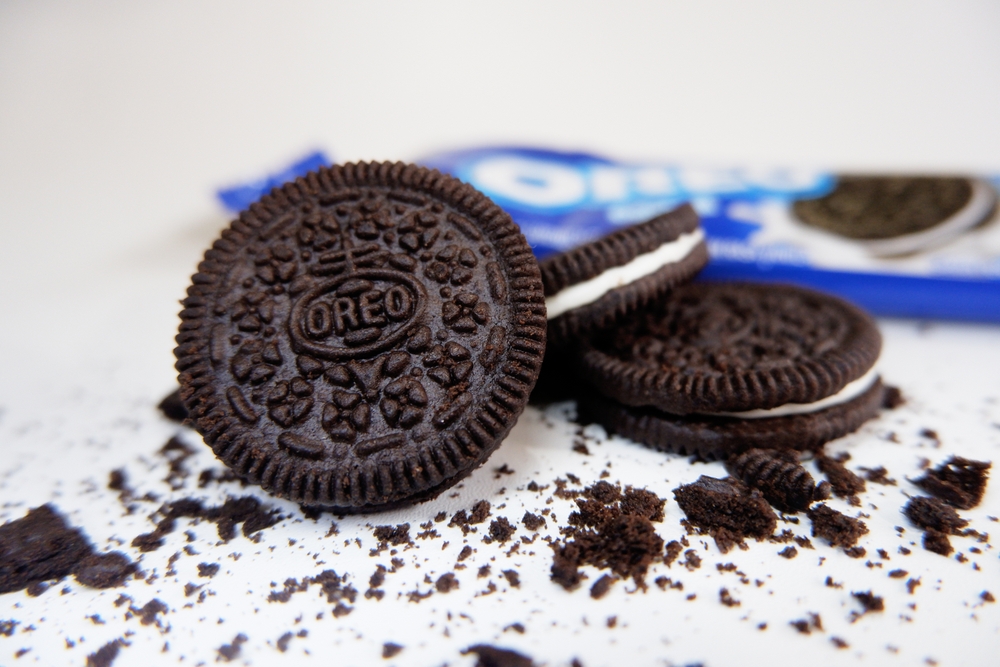
Aldi mostly stocks private label snacks, but it occasionally offers brand names like Doritos or Oreos. When they do appear, shoppers often assume the Aldi prices are lower. In reality, name-brand snack prices at Aldi can be higher than what you’d find at Walmart or Target. This happens because Aldi doesn’t price-match competitors and often sells these brands in smaller quantities. Multi-pack deals and in-store promotions elsewhere usually give you better value.
2. Fresh Berries

Shoppers love Aldi’s low prices on produce, but fresh berries are a common exception. Aldi sells strawberries, blueberries, and raspberries in standard containers, but their prices can fluctuate more than at larger chains. Places like Costco or even local markets often offer larger quantities for a better price per ounce. Aldi’s berries may also have a shorter shelf life, making them less cost-effective if they spoil quickly.
3. Brand-Name Baby Products

Aldi’s baby line, Little Journey, is competitively priced, but parents looking for name-brand diapers or formula may get sticker shock. When Aldi does carry popular brands like Pampers or Similac, they often come in smaller packages at higher prices. Big-box retailers typically offer bulk savings that Aldi cannot match, especially on essentials that parents buy frequently. If you need brand loyalty for baby care, Aldi prices may not help your budget.
4. Cereal
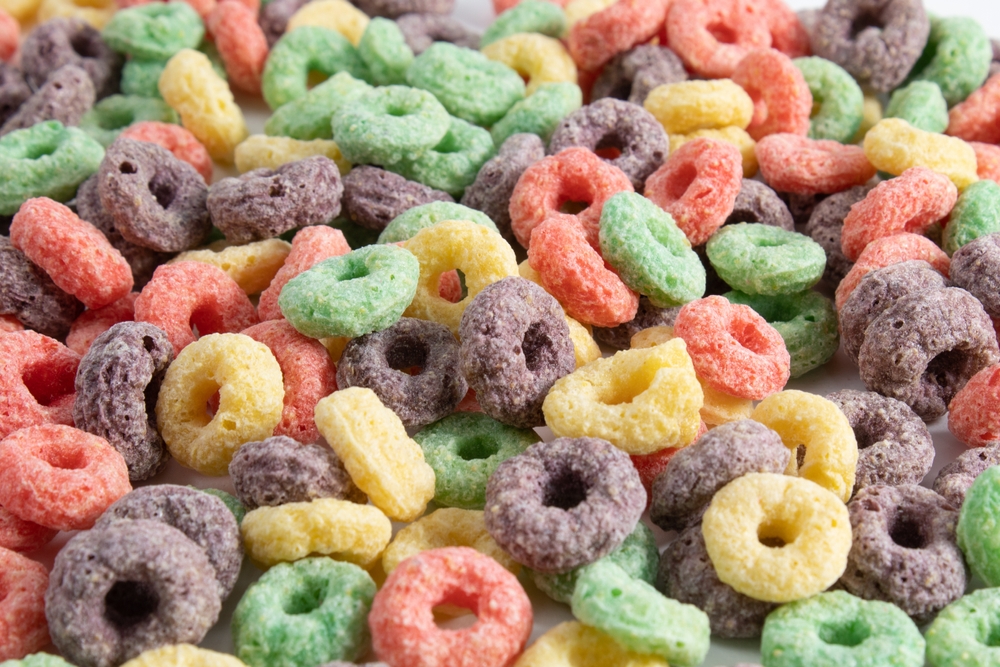
Cereal is one of the most misleading categories at Aldi when it comes to price. Their store-brand cereals are affordable, but the boxes are smaller than standard retail sizes. That means the cost per ounce may actually be higher compared to family-size boxes at warehouse clubs or even big retailers during sales. Also, if you prefer name brands like Cheerios or Frosted Flakes, Aldi prices rarely beat deals found elsewhere.
5. Paper Towels and Toilet Paper

Aldi’s paper goods might look like budget buys at first glance, but they often fall short in both price and quality. You’ll usually get fewer sheets per roll, which increases your cost per use. Name-brand options at stores like Walmart or Sam’s Club can cost less in the long run. Since these household essentials are used frequently, checking price-per-unit is key to avoiding inflated Aldi prices.
6. Condiments
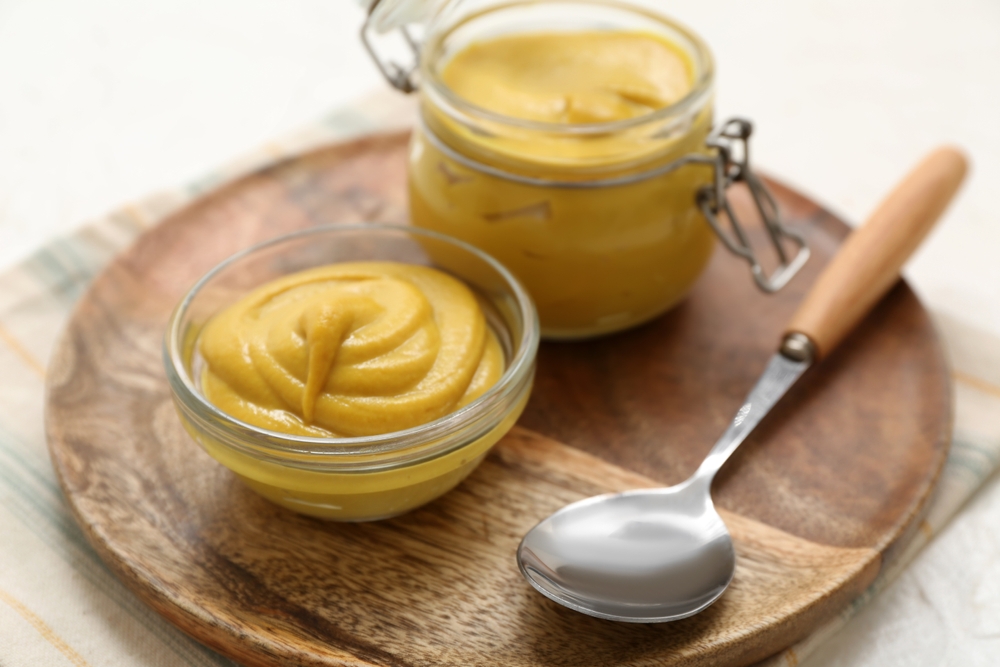
Mustard, ketchup, and mayonnaise are pantry staples where people expect Aldi to deliver big savings. However, the store-brand condiments sometimes come in smaller bottles or have inconsistent pricing. In many regions, national brands at competing supermarkets are cheaper per ounce, especially when on sale. Aldi’s offerings also have fewer variations, which means limited options for shoppers with specific tastes or dietary needs.
7. Over-the-Counter Medications

Pain relievers, allergy pills, and cold medicine may seem like smart buys at Aldi, but that’s not always the case. Store-brand medications can be more expensive per pill compared to bulk generics available at pharmacies or big-box stores. CVS, Walgreens, and even Amazon offer deals on larger bottles or store-brand generics that outperform Aldi prices. Always check dosage count and ingredient matching before assuming it’s a better deal.
Read More: Aldi Recalls Popular Products in 37 States Due to Health Risks
8. Frozen Pizza
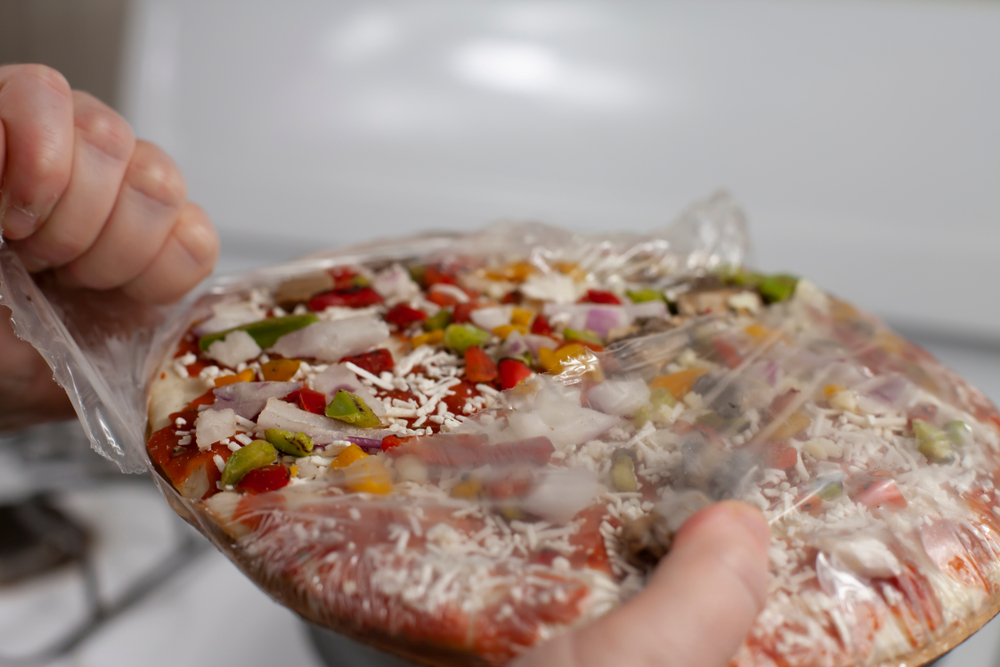
Aldi’s frozen pizza selection is decent, but not always cheaper. Their in-house brands like Mama Cozzi offer variety, but the cost per pie is often on par with or higher than frozen pizzas at Walmart. Competing stores frequently have sales on DiGiorno, Red Baron, or store-brand pizzas that make them a better buy. Aldi also limits your ability to use coupons or promotions, further impacting value.
9. Bread and Baked Goods
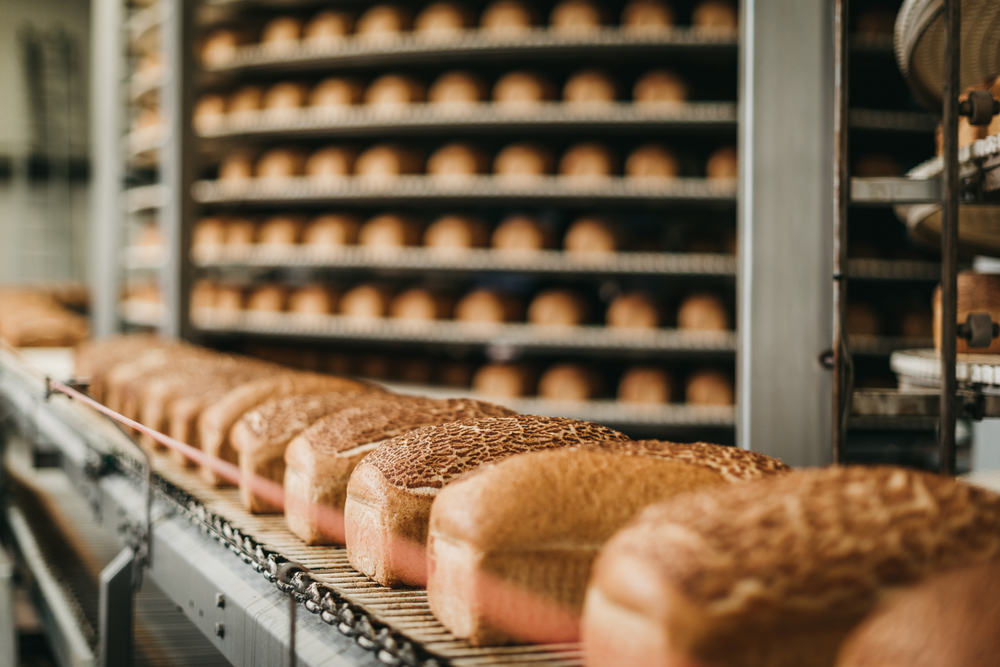
Aldi bakes much of its own bread in-house, and while the loaves may look affordable, they’re often smaller. When you calculate the cost per ounce, larger loaves from other grocery chains often provide better value. In addition, Aldi’s baked goods selection is more limited, and some shoppers say the bread dries out quicker. Aldi prices might look appealing up front, but bulk-buying options at club stores often stretch your dollar further.
10. Cheese

Cheese is a category where many assume Aldi dominates in price, but that’s not always true. While they offer a wide variety of store-brand cheeses, Aldi prices per pound can be higher than what’s available at big retailers or warehouse clubs. Specialty cheeses and shredded blends in particular often cost more than similar products at stores that run frequent promotions. Also, you may find more variety and larger quantities for a lower unit cost elsewhere.
Read More: Hidden Aldi Gems That Shoppers Can’t Get Enough Of
The Bottom Line

Aldi does offer strong value in many categories, but not every item on the shelf is a guaranteed deal. Aldi prices can be misleading, especially when items are sold in smaller sizes or lack promotional discounts. Smart shoppers know to compare price-per-unit and consider quantity, quality, and shelf life. Use Aldi strategically for certain staples, but stay alert when shopping categories like snacks, produce, or household goods. Saving money means looking beyond the brand and watching the details.
Disclaimer: This article was created with AI assistance and edited by a human for accuracy and clarity.
